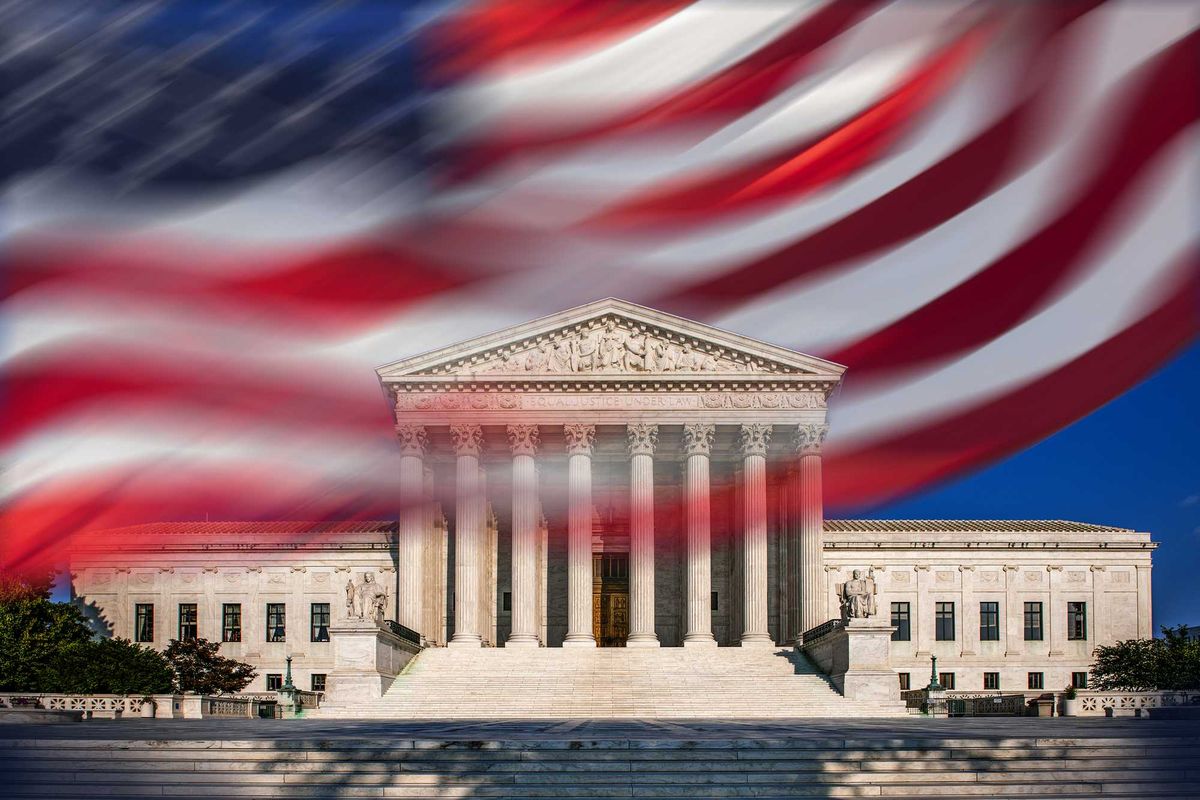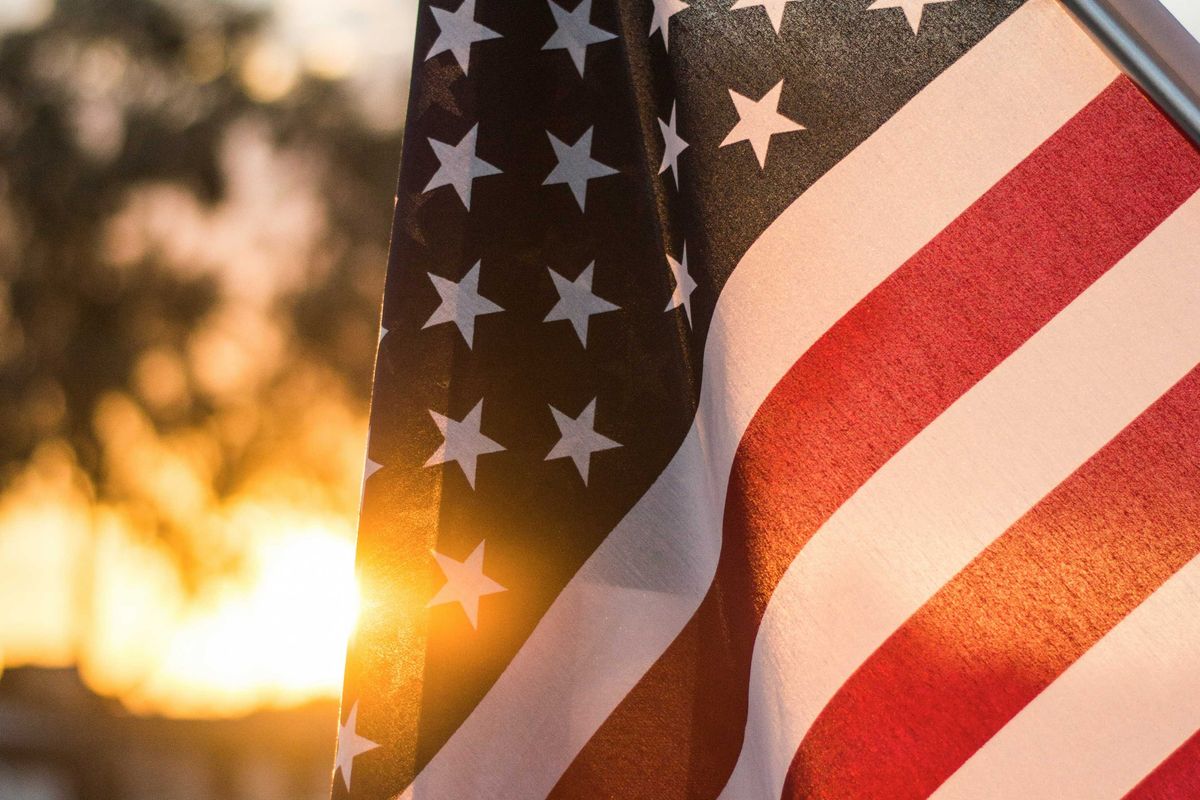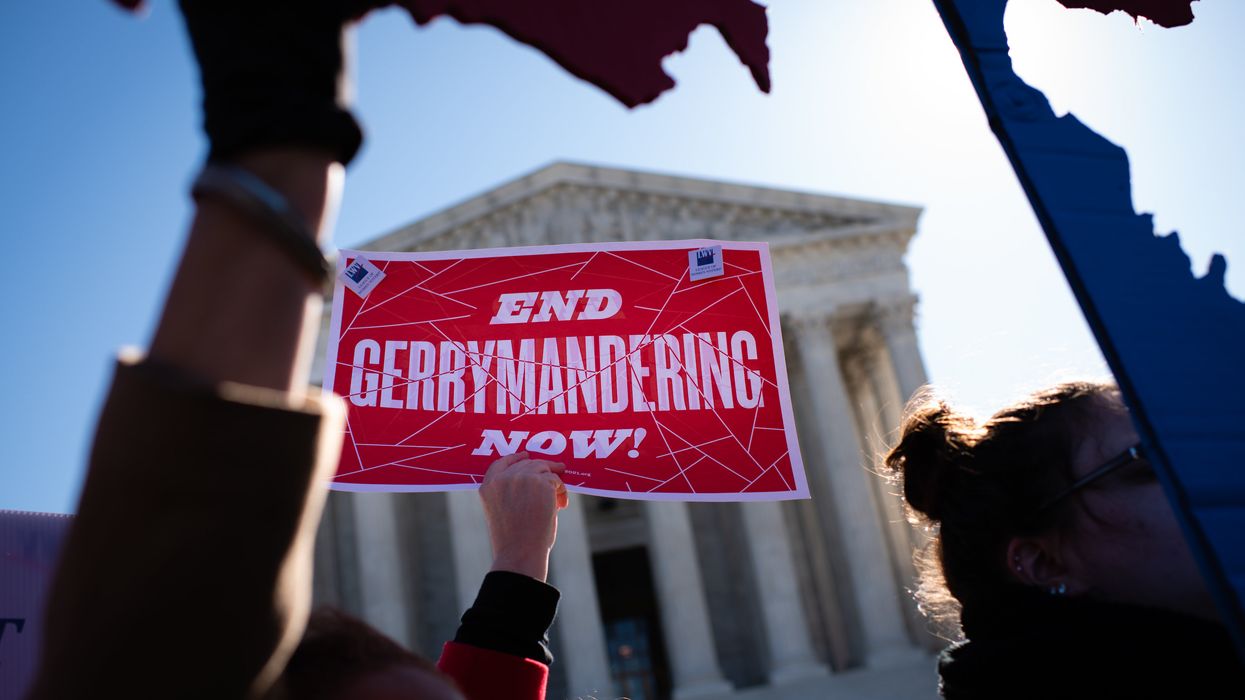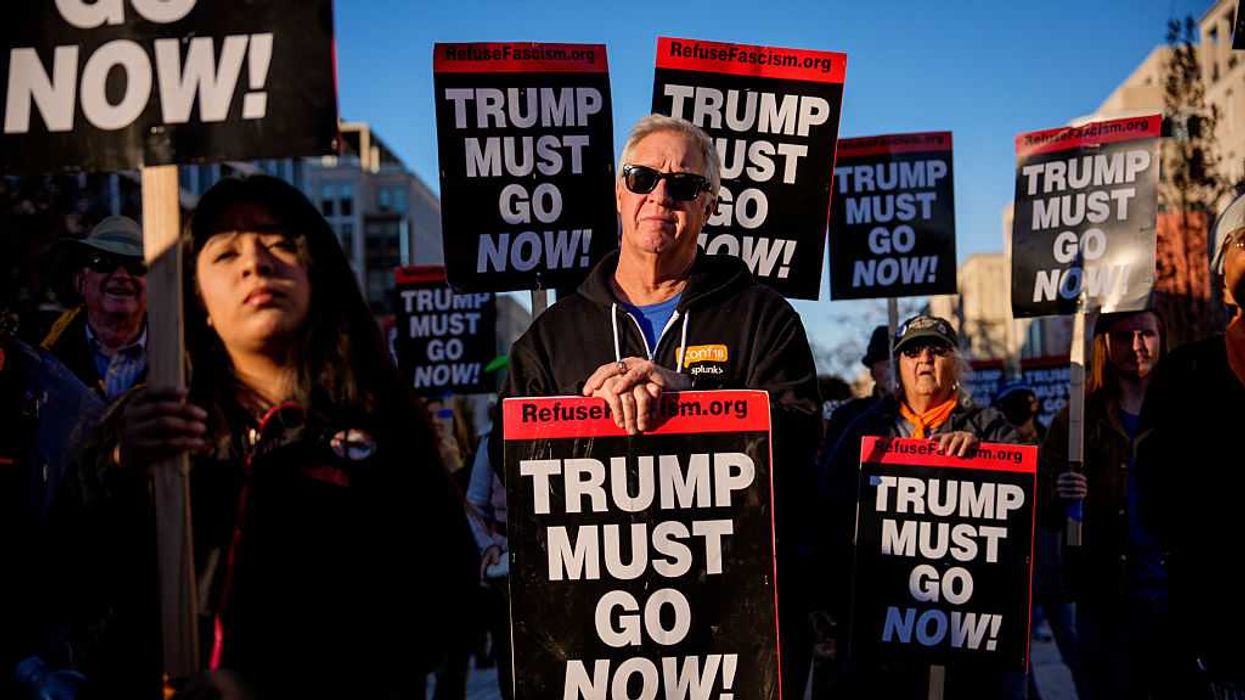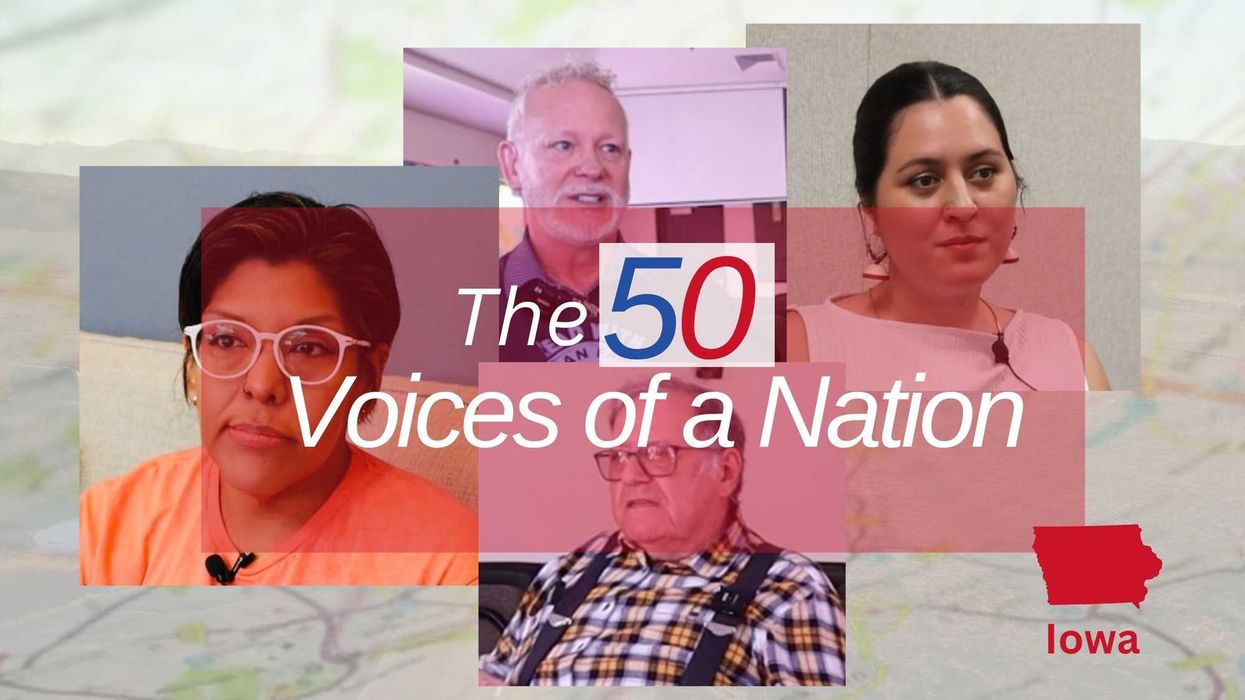Cahill is a rising senior at Marquette University and founder of the school's chapter of Bridge USA, a national student-run organization seeking to depolarize campuses and boost their civic engagement.
There are no two ways about it: Political discourse is increasingly taking place online, and not only because of Covid-19 lockdowns. More than 70 percent of American adults were using at least one social media platform as of last year, according to a Pew Research Center survey. As would be expected, the figure soars above 90 percent among adults younger than 30.
Social media platforms have become home to far more than just edited selfies and passive-aggressive posts about your ex. Platforms led by Facebook and Twitter have evolved to include political-ideology gladiator rings, with young champions like conservative Ben Shapiro and progressive Alexandria Ocasio-Cortez duking it out while hordes of screen-tethered spectators call for blood.
In recent years there has been no shortage of lip service given to proclaiming this sort of online combativeness to be disastrous and regressive. But is it?
Healthy democracy is predicated on the ability of citizens to deliberate and espouse their opinions and grievances, and the internet is the most accessible means for doing so in world history. Many Americans balk at the high degree of vitriol online. But if that is an honest display of the American mindset, does the fact that it's typed into a tweet — as opposed to shouted through a megaphone — make it any less viable or reflective? No.
The difference between traditional and online political discourse can be summed up in these two key observations: More independent voices are able to express their views on the internet, and people expressing political views on social media have lowered social inhibitions.
The mass criticism of online politics stem from these two realities, but actually they are the reason online discourse is so valuable.
There are very few barriers to being able to plaster any opinion all over the internet. Which is a good thing, considering how the ability to do so can empower countless people not only to express themselves but also to connect with people from whom they can learn and refine their ideas.
However, to see the benefit is also to see the perceived problem. The easy access to the internet means individuals and groups who share controversial or unpopular opinions are empowered in the same way. Bigots, hate groups and members of the extreme fringes of existing political parties all have the capacity to find and reinforce their own views.
Because of the safety online activity offers — it preserves relative anonymity and is a shield from immediate physical backlash to a controversial statement — the social inhibitions one might typically feel when personally addressing a large group tend to melt away.
While the generally more hyperbolic nature of online speech may lead some to conclude that social media is filled with lies and deception, there are compelling arguments to the contrary. Stanford communications professor Jeff Hancock has found that, on platforms like Facebook and LinkedIn, the presence of an "inside world" of friends, family and fans that can see someone's online activity — and to some degree hold them accountable for inconsistencies or lies — results in people actually being more truthful online than in person.
Other platforms like Reddit, which are more prone to pseudonyms and anonymity, hold their users accountable in a more systematic way. It's based on content rather than consistency, with every comment and post subject to being upvoted or downvoted by the Reddit community — or removed by moderators.
Arguing that accountability online is more stringent than in person is a difficult horse to bet on, but asserting there is no accountability for statements made on social media is equally ludicrous. This has become particularly apparent in the world of #MeToo and cancel culture, which have resulted in very tangible consequences for people behaving badly online.
When it comes to politics, this online accountability is especially harsh. In a study of the social media behavior of more than 12,000 Americans, half of self-identified Democrats but also two in five self-identified Republicans said that they had at least one time called a permanent halt to political discourse with someone over a statement made online.
This readiness to totally dismiss others is real trouble. To insulate yourself from diverse and dissenting opinions online is as simple as the click of a mouse. But to shield yourself from people you need to deal with in person but find politically disagreeable — family members and coworkers, for starters — is far more difficult both in a practical and social sense.
The devil you know is better than the devil you don't. Online political discourse isn't problematic because it's raw, largely unfiltered and oftentimes ugly. It's problematic because Americans can too easily blind themselves to those opinions that don't appeal to them, pretending they don't exist.
In a world where presidential campaigns can be sustained by small-scale online donations and viral memes, online politics isn't going anywhere. We need to learn how to navigate distanced and potentially uncomfortable online political discussions better — not keep pretending as though they are nothing but radical noise.

